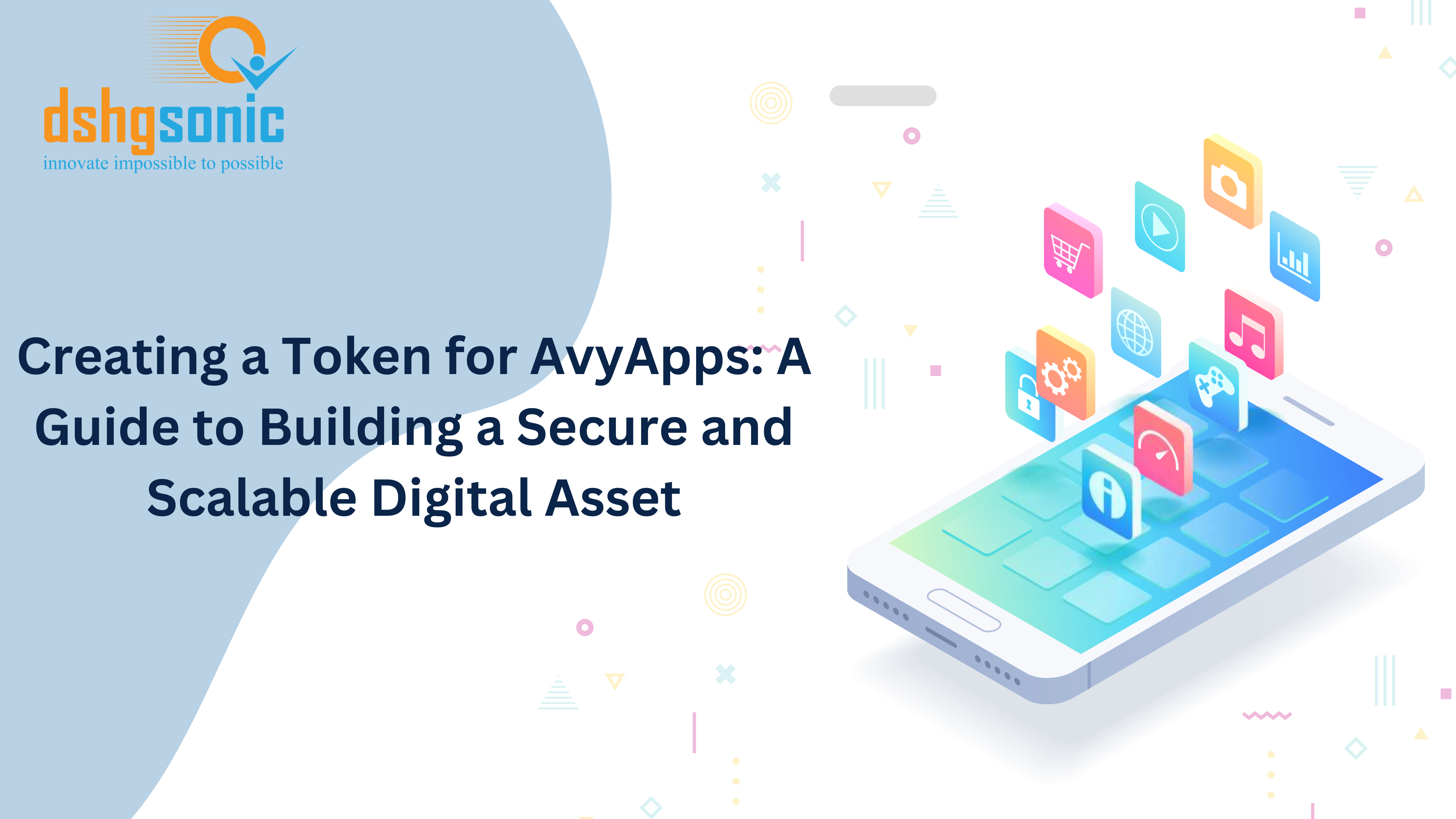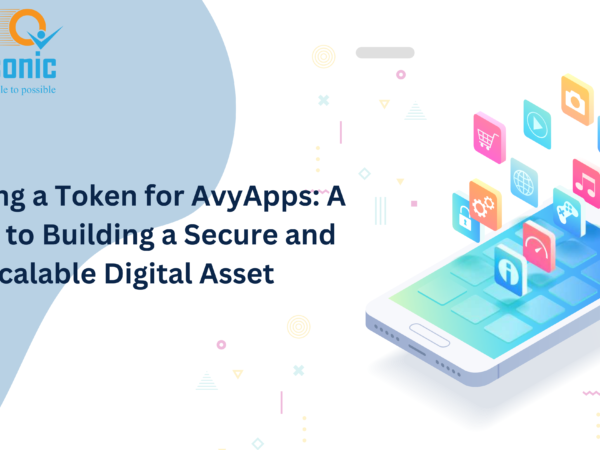Introduction
In the digital age, tokenization has revolutionized the way businesses and applications operate. AvyApps, a cutting-edge technology platform, can leverage blockchain technology to create a native token that enhances its ecosystem. This article explores the process of creating a token for AvyApps, its use cases, technical considerations, and future potential.
1. Understanding Tokens in Blockchain
A token is a digital asset built on a blockchain that represents ownership, access rights, or value. Tokens can be categorized into:
- Utility Tokens: Provide access to a service within a platform (e.g., Binance Coin, Basic Attention Token).
- Security Tokens: Represent real-world assets and are subject to regulatory frameworks.
- Stablecoins: Pegged to fiat currency to reduce volatility.
- Governance Tokens: Enable holders to participate in decision-making within a decentralized system.
For AvyApps, a utility or governance token would be an ideal fit, enabling users to engage with the platform efficiently.
2. Defining the Purpose of AvyApps Token
Before creating a token, it is crucial to define its purpose within the AvyApps ecosystem. Key use cases include:
- In-app transactions: Facilitating payments for premium features and services.
- Rewards and incentives: Encouraging user engagement and loyalty.
- Governance participation: Allowing token holders to vote on updates and changes.
- Interoperability: Enabling seamless interactions with other blockchain-based applications.
3. Choosing the Right Blockchain Platform
Selecting the appropriate blockchain platform is crucial for security, scalability, and cost-effectiveness. Common choices include:
- Ethereum (ERC-20 or ERC-721 for NFTs): Most widely used but faces scalability issues.
- Binance Smart Chain (BEP-20): Faster and more affordable.
- Solana: High-speed transactions with low fees.
- Polygon: Layer-2 solution for Ethereum scalability.
For AvyApps, a balance between scalability and security should dictate the choice of blockchain.
4. Steps to Creating the AvyApps Token
a) Define Token Specifications
- Token Name: AvyToken
- Symbol: AVY
- Total Supply: Fixed or mintable
- Decimals: Usually set to 18 for precision
- Contract Address: A unique identifier on the blockchain
b) Develop the Smart Contract
A smart contract is a self-executing code that manages the token’s functionalities. Developers can use Solidity (for Ethereum) or Rust (for Solana) to write the contract. Key functions include:
- Transfer and balance check mechanisms.
- Minting and burning mechanisms.
- Access control for security.
c) Deploy the Token on Blockchain
Using tools like Remix (for Ethereum) or Truffle Suite, the token contract is deployed onto the blockchain. This requires gas fees and an understanding of blockchain deployment procedures.
d) Integration with AvyApps Platform
After deployment, the token needs to be integrated into AvyApps, enabling seamless transactions, staking, and governance participation.
5. Security Considerations
Security is a major concern when creating a token. Best practices include:
- Code Audits: Third-party audits to identify vulnerabilities.
- Access Control: Restricting administrative functions.
- Anti-Scam Measures: Preventing rug pulls and pump-and-dump schemes.
- Regulatory Compliance: Ensuring adherence to legal frameworks.
6. Listing and Adoption Strategy
For AvyToken to gain traction, strategic adoption is essential. Steps include:
- Exchange Listings: Getting listed on decentralized and centralized exchanges.
- Community Engagement: Building a strong community through social media and incentives.
- Partnerships: Collaborating with other projects for mutual benefits.
- Marketing Campaigns: Creating awareness through digital campaigns and promotions.
7. Future Potential of AvyApps Token
The future of AvyToken depends on continuous development and innovation. Potential growth areas include:
- NFT Integration: Allowing users to trade digital assets.
- Cross-Chain Compatibility: Enabling use on multiple blockchain networks.
- Decentralized Finance (DeFi) Applications: Lending, staking, and liquidity mining features.
- Scalability Enhancements: Adopting layer-2 solutions or moving to a high-performance blockchain.
Conclusion
Creating a token for AvyApps presents an exciting opportunity to enhance the platform’s functionality, user engagement, and financial ecosystem. By carefully planning the tokenomics, security measures, and adoption strategies, AvyApps can establish a robust and scalable digital asset that drives innovation in the blockchain space.









